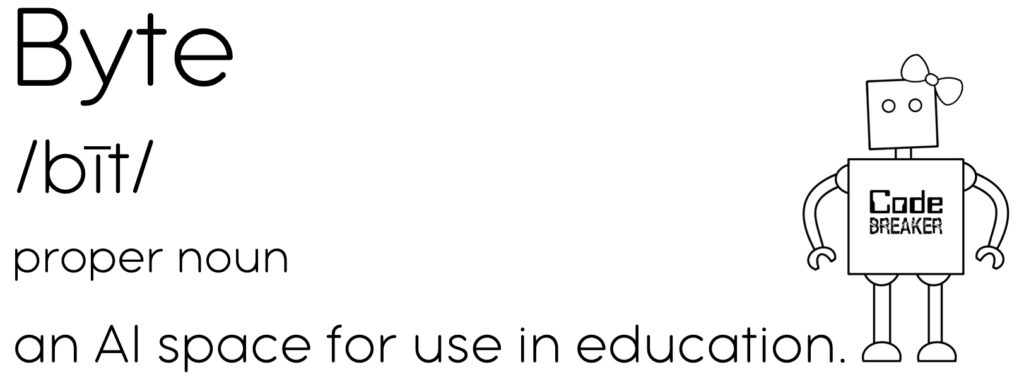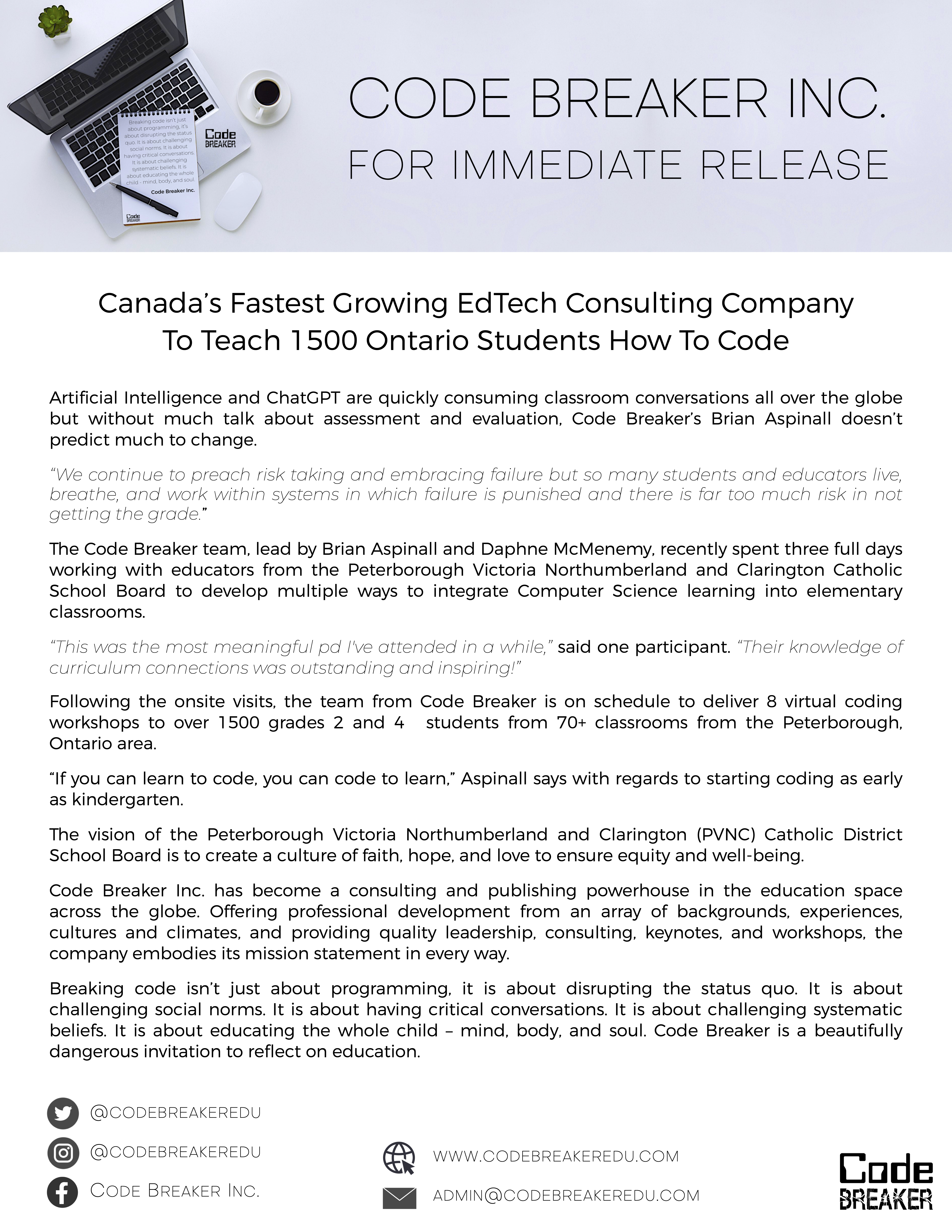
My heart put me in education. Their hearts made education the perfect fit.
If I could go back to an alternate universe and meet the 16 year old version of myself, I would warn him of what was coming. He would be annoyed at the cautionary tales that he has heard since he was eleven, causing them to be met with an eye roll directly back to the baseball and glove undoubtedly attached to my young me’s hands. But I would persist in connecting, assuring him I knew how he felt.
Embarrassed. Aware, but shamed. In my head, the heart condition that haunted my every thought only existed to torture me slowly, but I was promised it wasn’t life-altering. Easy to say when you aren’t a teenager who collapses in front of his peers multiple times a week. And then, in 2004, it changed everything about my life.
But it actually improved my pathless plan toward hope and purpose. Because of the educators who stuck by me, it helped me to understand that I too was called to be an educator.
Fast forward 19 years, I was in a weird place on my journey. Heading into my second year of the job I saw as my dream, the doubt and stressors began to creep into my head. The life of a principal was taking its toll on my physical health. The heart condition that had been buried deep in the alleys of memory lane had once again turned on their headlights and taken me captive. It was about to change my life…yet again.
Six episodes in three months. Why is this happening?
I poured my heart (pun sort of intended) into the job. The need for people to feel loved, supported, and valued at our school was paramount on the list of goals. It stood, in bold letters, underlined again and again, above test scores and which curriculum we would be using. Please know that I never turned a blind eye to those items, but my belief was always that if students connected with us, they would learn and perform.
After another heart episode taunted me around this very time last summer, I met with a friend of mine who had recently left public education. She was traveling the country, delivering professional development in the work she was most passionate about, making her mark in a different way.
“Mike, it is an impact larger than you can ever imagine,” I remember her beaming as she talked about her new life.
Three months passed after that conversation under the setting August sun. The leaves changed, snow fell, but my heart was steadfast in its messaging to me: Mike, it’s time.
Leaving was the most difficult decision that I have ever made. Walking away from a culture of love, accountability, and support tasted like spoiled irony. But it was a choice that needed to be swallowed.
Mike, it is an impact larger than you can ever imagine. What would my impact be? What could I give back to the world of education that it was either missing or a piece that needed a reminder? I owed the public sector of education an enormous “thank you.” Education is a true enigma. It brought me some of the most challenging days with big things that sometimes made me loathe it, while allowing me to grow simultaneously. However, it also brought me thousands of little hearts to impact and love. So for that, I would be forever grateful.
My heart put me in education. Their hearts made education the perfect fit. And when my own took it all away, I would be damned if I would be held back from finding a way to reconnect to the world I loved so much.
Sitting here, seven months since my last day as a principal, I feel like I am still searching for my impact. As someone who led with a relationships first mentality, working with the International Institute for Restorative Practices felt like the perfect fit. Traveling around the country, I have had the honor of meeting with educators who are so passionately engaged in connecting with their students. Hearing their stories continues to be the reminder of why this work matters.
After spending a couple of days with educators, I have heard about how our time together changed their lives, professionally and personally.
“I had this conversation with my wife last night and it is going to change how we interact with one another.”
“My son was shocked when I did something restoratively with him last night instead of for him.”
“Mike, I am going to coach in a very different way now because of this. Thank you.”
And I love hearing that, but I am missing that direct link. I crave the energy of a building on a sunny Friday morning. The ability to make the student smile after a morning I could never imagine is no longer. Positively impacting staff members who are having trouble believing in anything they do has fallen off a cliff. The chance to open a child’s eyes to accomplishing goals they never saw attainable has disappeared. I enjoy what I am doing, but honestly hope to find the building again when the time is right. My impact came from long-standing relationships.
My journey has been entirely rooted in those exact relationships. It is a story of hopelessness turned hope because of the people who devoted themselves to connecting with me during the most difficult periods of my life. The people who made an impact larger than they could ever imagine. Since leaving my building, I have had multiple opportunities to share my story with schools, students preparing to be teachers, and many others. Watching their eyes go from sadness to hopeful during the span of that story has given me some of that missing vigor.
My story, Heartbeats, will soon be hitting shelves, giving a spotlight to the educators who saw me when I was unable to breathe on my own, and provided me with oxygen. The new purpose is to serve as a walking reminder of just how extensive an impact educators can have on students and one another. In our current world, the noise can make it incredibly difficult to believe that we matter. I am here to drown it out with a simple message of hope: You are loved. You matter. You’re really freakin’ important.
So I go back to that question I asked myself earlier. What would my impact be? What can I give back? It’s my story, the simple reminder…
To make an impact greater than we can ever imagine.
ABOUT THE AUTHOR

Mike Azzalina spent 16 years in public education as a second grade teacher, assistant principal, and principal across elementary and middle schools. During this time, Mike found his passion in learning the stories of his students and using those to build effective, engaging learning opportunities for them. He found that his investment in their stories allowed for him to better understand their experiences and what made them tick. Mike has turned his passion for stories and their impacts into a podcast called The Prequel. During his time in schools, Mike was trained in restorative practices and worked to implement it into his leadership. He was able to do so while also traveling as a contracted instructor for the International Institute for Restorative Practices.
Mike currently works full time as an Instructor and Implementation Coach for the IIRP. He earned his Bachelor in Elementary Education from Elizabethtown College, Master of Curriculum and Instruction from Penn State University, and Master of Educational Leadership from the American College of Education. He is currently working toward his graduate certificate in Restorative Practices through the IIRP. Despite having to step away from his principal role for health reasons in 2023, he is dedicated to the world of education and providing an environment in which students are confident in their abilities to learn because they feel they are loved and that their voices matter. Mike is a rising author and public motivational speaker with the goal of passing along his passion to educators everywhere.








